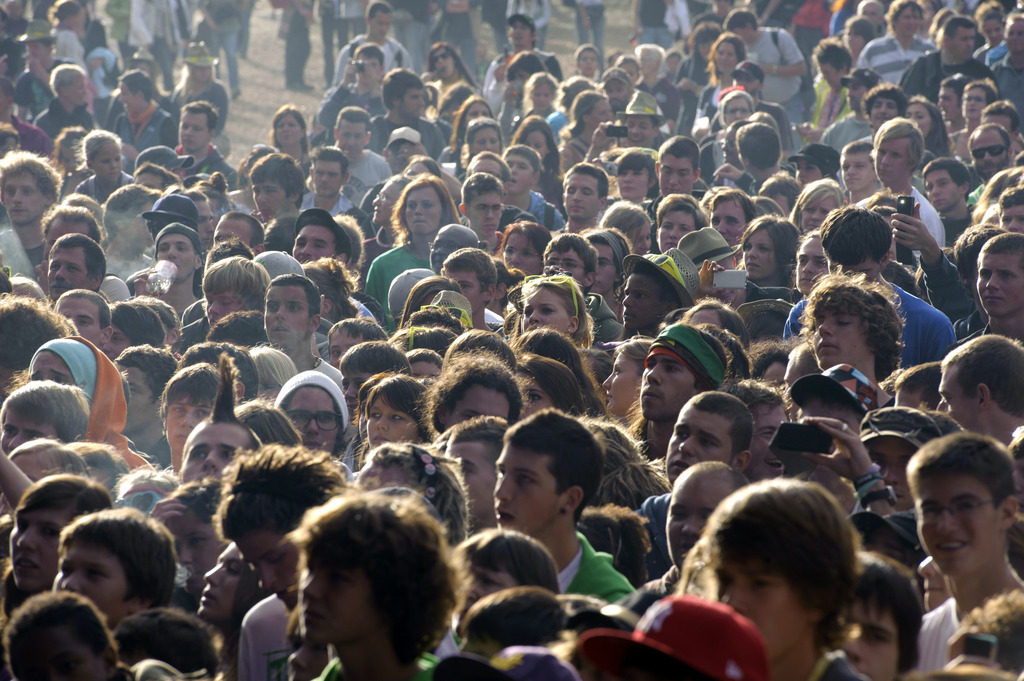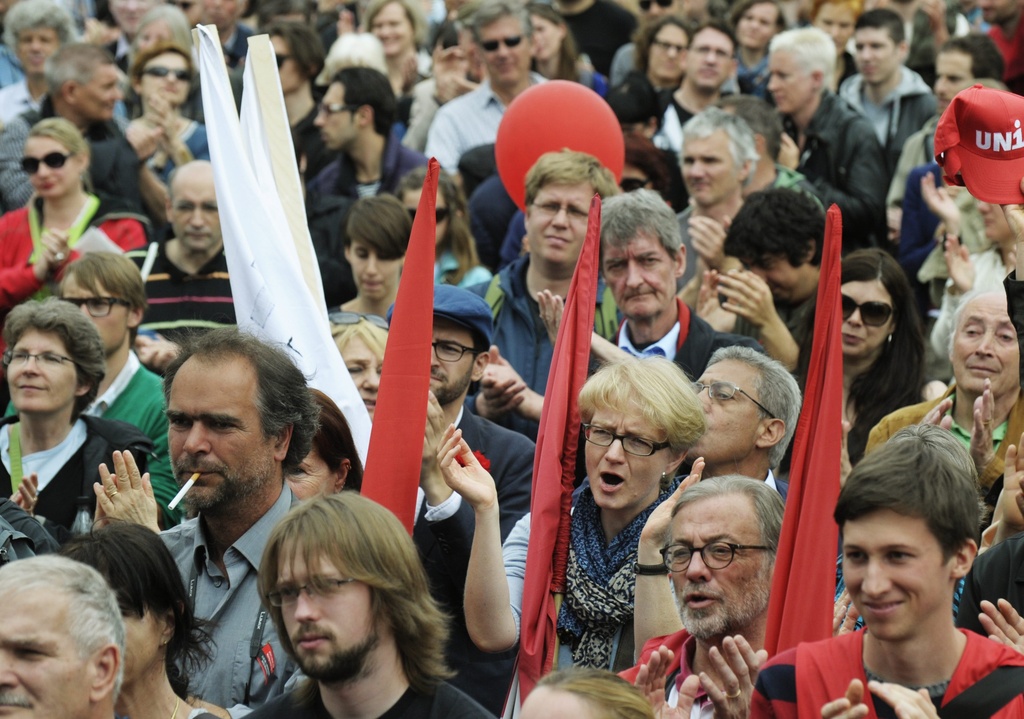Swiss cities offer highest salaries

Workers in Zurich and Geneva earn the world’s highest net salaries according to Swiss bank UBS’ 2012 global prices and earnings survey, but the two cities are also among the four most expensive to live in, along with Oslo and Tokyo.
In Zurich, the average net hourly wage was $33.40 (SFr31). Based on a sample of 15 professions, wages in Switzerland’s biggest city were on average more than 30 points higher than New York, which serves as the reference for the study. For Geneva, the average hourly rate is $30.
Someone working in Delhi earns just $2.10 net per hour.
According to UBS, the Swiss cities are advantaged by relatively low taxes and social security deductions. Before any deductions are accounted for, however, Zurich and Geneva already occupy the top two positions ahead of Copenhagen.
In western Europe, an average of nearly 28 per cent of a person’s gross salary goes to the state coffers, but for workers in Brussels, Oslo, Copenhagen and Munich, it is over a third.
However, health insurance costs are not deducted from wages in Switzerland, unlike in many other countries, skewing the result somewhat. Health insurance is compulsory for the Swiss and premiums can be extremely high.
Zurich salaries provide the most purchasing power, with the net hourly wage buying the most goods and services based on a standardised basket.
Zurich and Geneva are ranked second and fourth for price levels, with Oslo topping the most expensive city survey and Tokyo slipping into third place. The ranking hardly changes when rental costs are factored in, although Geneva moves below New York in that case.
Oslo and Zurich are on average 20 per cent more expensive than the other western European cities surveyed, while Tokyo costs 50 per cent more than the Asian average. The cheapest cities to live in are Delhi and Mumbai.
Comparing costs
Monthly spending on goods and services for an average family was $4,569 in the Norwegian capital, $4,334 in Zurich and $4,195 in Geneva. The global median was $2,686.
Food is most expensive in Tokyo, Zurich and Geneva. Buying a Big Mac in the Japanese capital will require only nine minutes of work, however, 13 in Zurich and 14 in Geneva; in Nairobi, a person has to labour away for 84 minutes to buy the iconic McDonald’s sandwich.
When it comes to buying iPhones, Zurich employees have it relatively easy, having to work just 22 hours to purchase one, while in Manila it would take someone 20 times longer. Prices for the smartphone vary 17 per cent at most from the international average, the smallest difference of all the goods used for the survey.
Workers in Zurich and Geneva spend nearly 1,900 hours annually in the office, with 24 and 20 days paid leave, respectively. People work the least in Paris with 1,600 hours of office presence and 30 days’ vacation, while in Mexico City, employees work the longest with 2,375 hours and just six days of holiday.
The UBS study, which is produced every three years, looks at purchasing power in 72 cities around the world.

In compliance with the JTI standards
More: SWI swissinfo.ch certified by the Journalism Trust Initiative













You can find an overview of ongoing debates with our journalists here . Please join us!
If you want to start a conversation about a topic raised in this article or want to report factual errors, email us at english@swissinfo.ch.